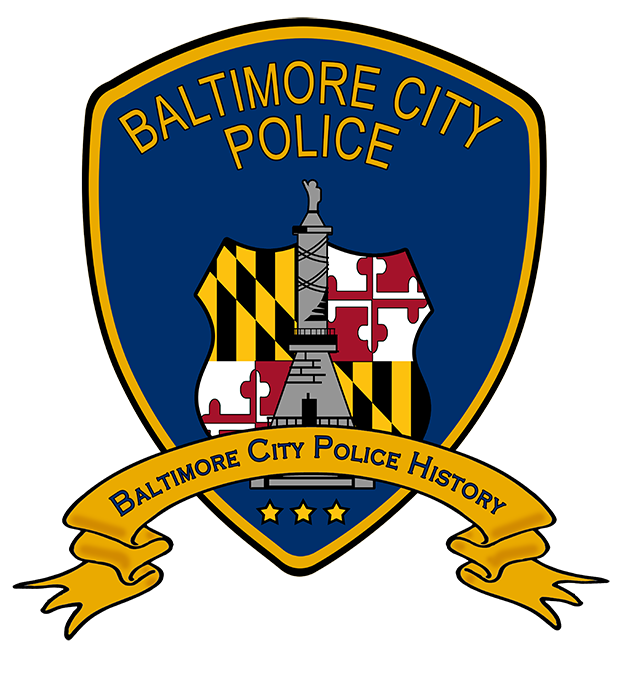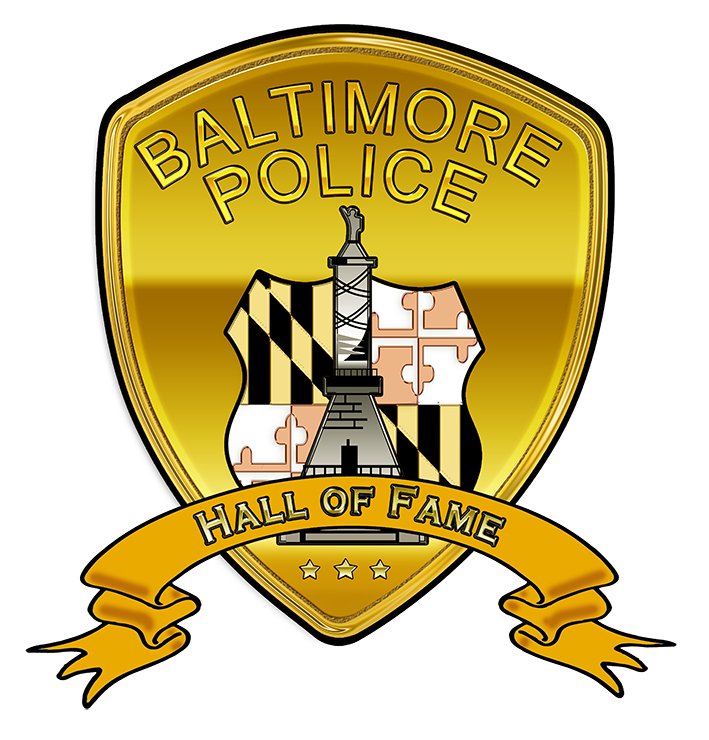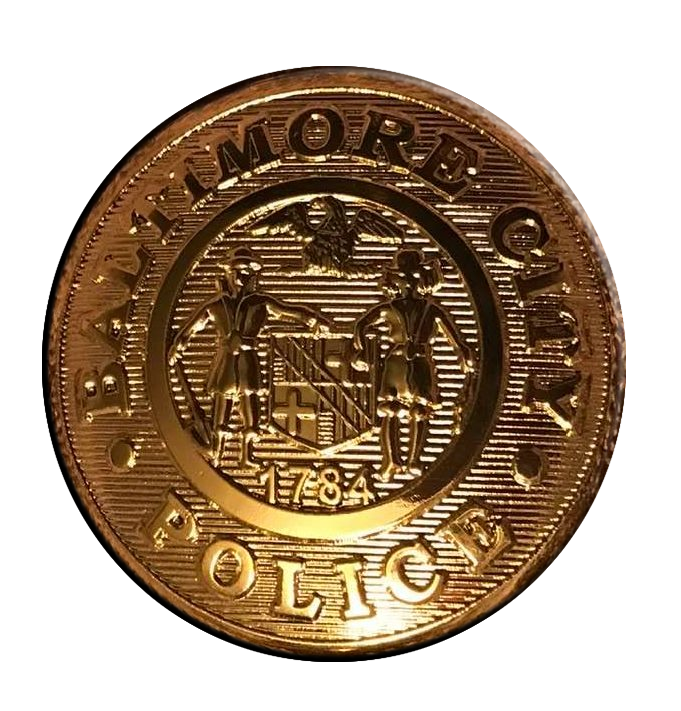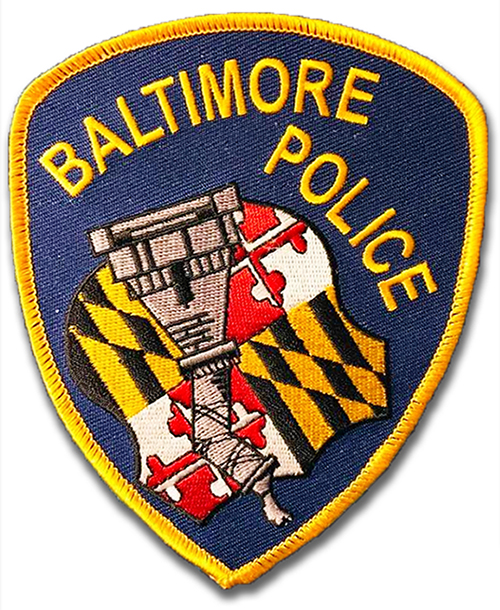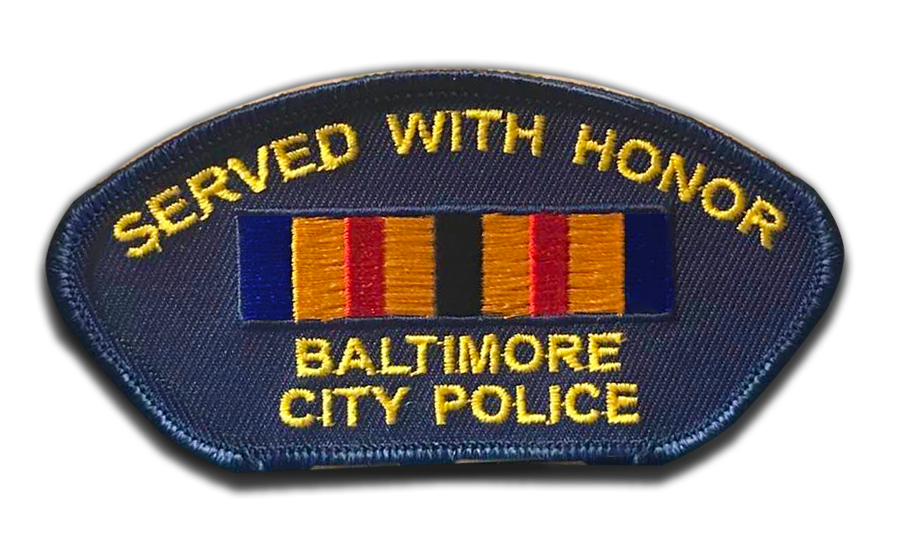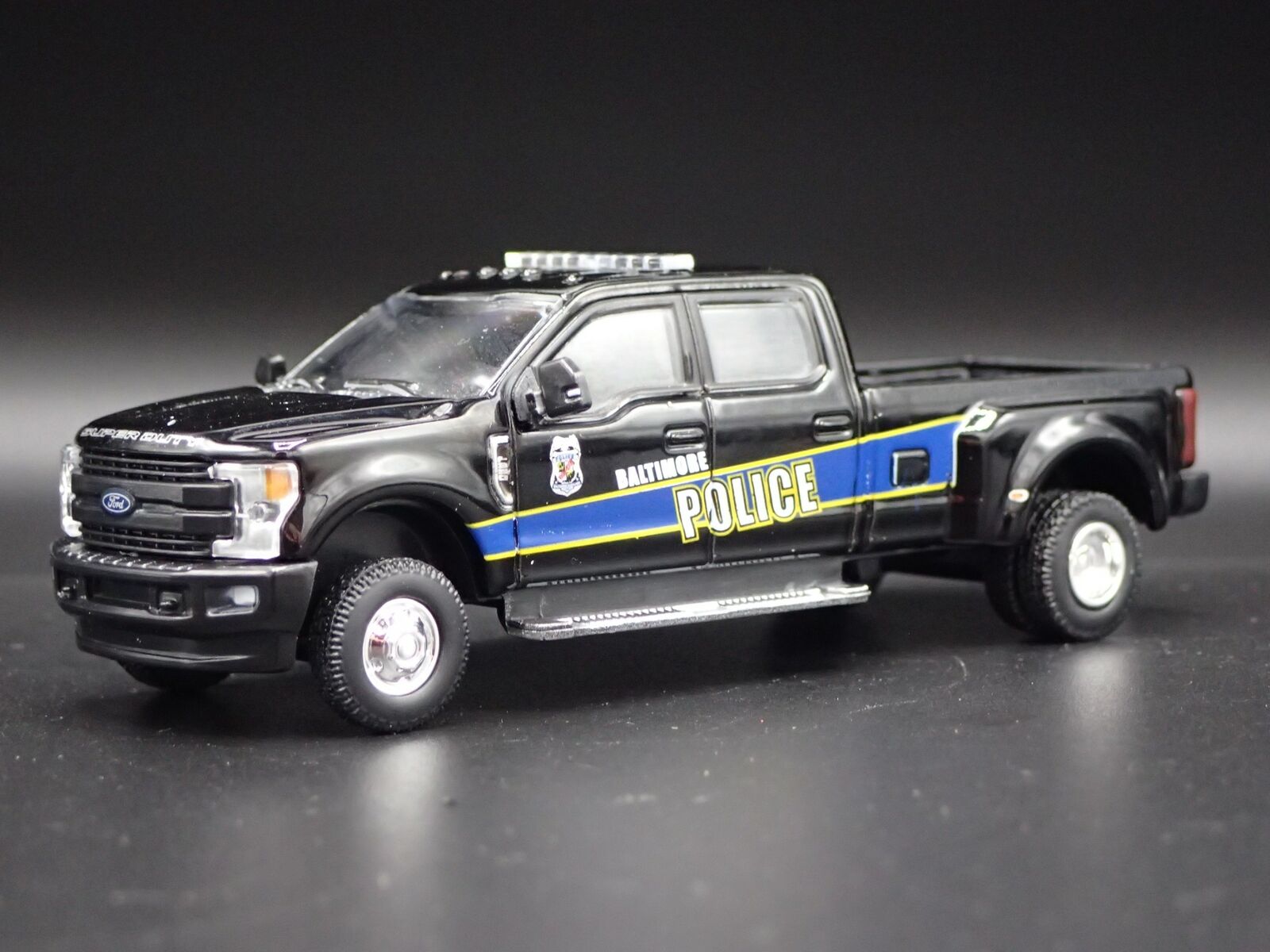Black Maria America's First Police Transport Vehicle
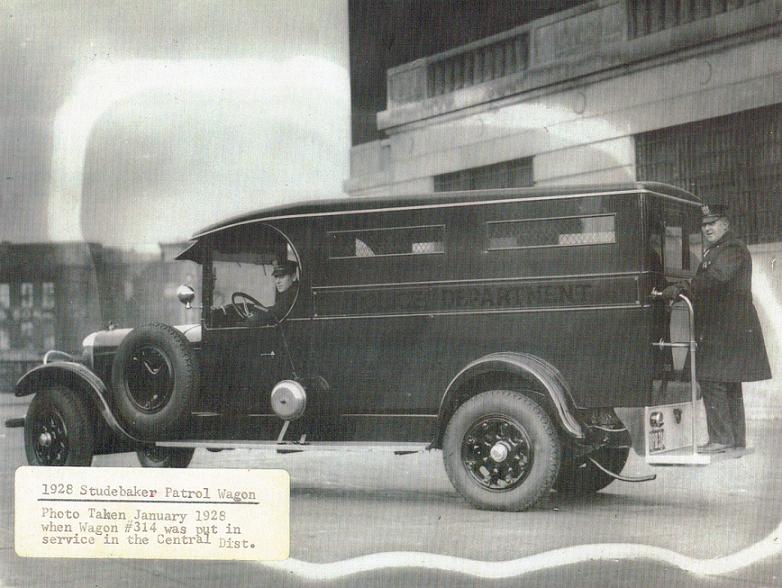
Black Maria
It is a well-known fact that Maria Lee influenced the nickname of the Black Maria police transport vehicle.
In the annals of history, countless individuals have left their indelible mark, shaping the world as we know it today. Yet, many of these individuals remain unsung heroes, their stories untold, and their contributions unrecognized. One such individual is Maria Lee, a formidable woman from colonial Boston. Maria Lee was no ordinary woman. She was a towering figure, both in stature and in the impact she had on her community. As the proprietress of a boardinghouse for sailors, Maria Lee was known for her strength, energy, and her unique ability to maintain law and order. In her neighborhood, there was a new sheriff in town, and he was a she, and she ruled with an iron fist. Her story is a testament to the power of individual courage and resilience.
This page aims to shed light on the life and legacy of Maria Lee, a woman whose influence extended beyond the confines of her boardinghouse, reaching into the very heart of Boston’s law enforcement. As we delve into her story, we hope you will gain a deeper appreciation for unsung heroes like Maria Lee, whose contributions have helped shape our society. Join us on these pages as we journey back in time, uncovering the life of Maria Lee and celebrating her remarkable contribution to colonial Boston.
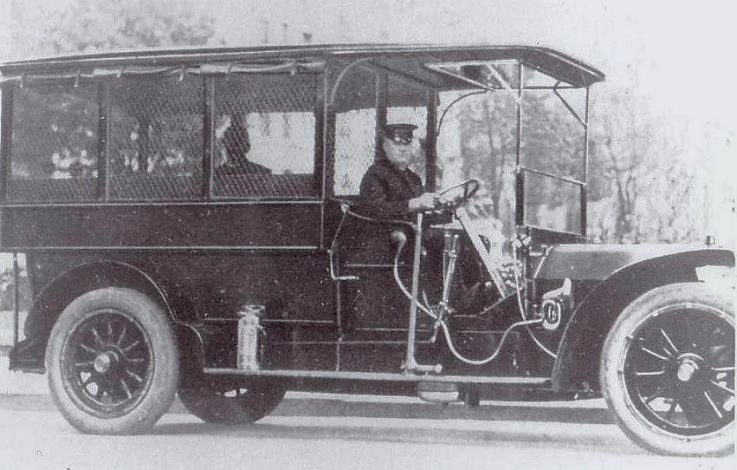
Before we learn of Maria Lee, let’s learn why we are learning of Naria Lee. The term “Black Maria” is often used to refer to a police van, also known as a paddy wagon. The history of the term is quite interesting and has roots in the mid-1800s in Boston, Massachusetts. There lived a black woman named Maria Lee who ran a lodging house for sailors. Maria was a large and powerful person, known for her ability to quell fights and bring offenders to jail. So successful was she in handling tough characters that the constables frequently enlisted her aid in bringing malefactors to book. When police wagons came into use in the 1830s, the Boston constables, remembering the great help the black woman had given them, immortalized her name in the term "Black Maria." These vehicles were usually painted black or a very dark blue.
Maria Lee was an African American woman who ran a boarding house for sailors in colonial Boston, and some accounts place her in the early 1800s. She was known for her large stature, strength, and energy. Maria Lee became an indispensable asset to the Boston police force of her time due to her ability to handle particularly rowdy individuals. There’s an often-repeated anecdote that describes Maria Lee single-handedly hauling three boisterous sailors into the police station when they were causing a disturbance at her boardinghouse.
The term “Black Maria," used as slang for a police van, is often attributed to her. The story goes that when the police needed backup to take a lawbreaker to jail, they would call for “Black Maria," referring to Maria Lee. When police vans, originally large boxy horse-drawn wagons, came about, they were painted black and named “Black Maria” in honor of Maria Lee. However, it’s important to note that there’s no concrete evidence linking Maria Lee directly to the origin of the term for the police vans.
Maria Lee’s most notable accomplishment was her significant contribution to maintaining law and order in colonial Boston. Her strength and courage in dealing with rowdy individuals, particularly sailors, made her an indispensable asset to the Boston police force of her time.
There’s an anecdote that describes Maria Lee single-handedly hauling three boisterous sailors into the police station when they were causing a disturbance at her boardinghouse. This story has been repeated in several periodical and newspaper publications as a bit of interesting trivia.
However, beyond these accounts, there don’t seem to be any other specific accomplishments attributed to Maria Lee. It’s important to note that historical records from this time period are often incomplete or biased, and the contributions of many individuals, particularly women and people of color, may not have been fully recognized or documented. Maria Lee’s story is a reminder of the many unsung heroes who played vital roles in their communities.
The exact birth and death dates of Maria Lee, the proprietress of a boardinghouse for sailors in colonial Boston, are not documented in the available historical records. This is not uncommon for individuals from this time period, particularly women and people of color, whose lives were often not as thoroughly documented. If you’re interested in more information about Maria Lee or other historical figures.
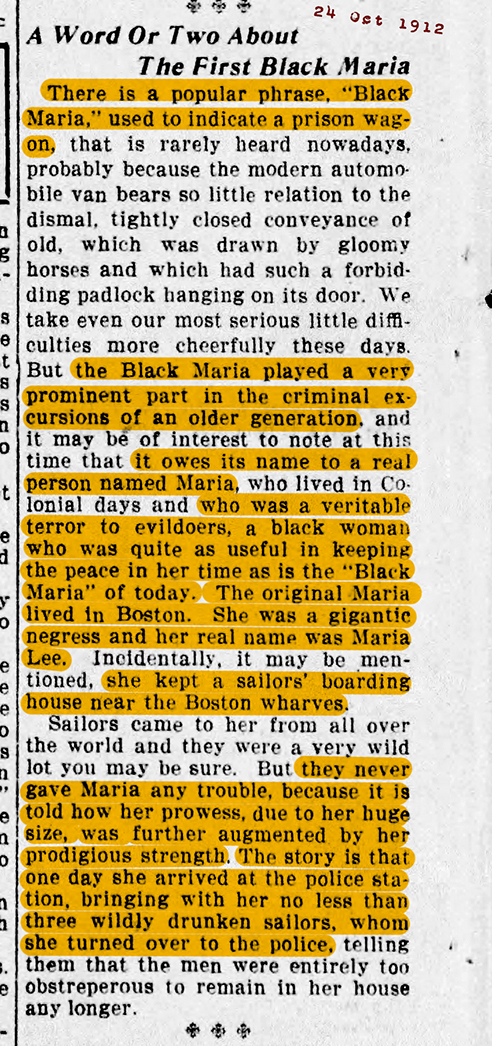

Paddy Wagon
The term “paddy wagon” is also commonly used to refer to these police vans. The precise origin of this term is uncertain and disputed, though its use dates back to at least the beginning of the 1900s. One theory suggests that the term arose due to the number of immigrant Irish being arrested for having consumed too much alcohol and taken away in the paddy wagon.
Another theory holds that the name originates from the padding used on the inside of police horse-drawn carriages to prevent injury. However, the most prevalent theory is based on the term “Paddy” (derived from the common name Patrick), which was once a nickname for anyone of Irish descent. Since many of the early constables, or police officers, in the major east coast cities at the turn of the century were Irish, their police vans were also called paddy wagons by association. It’s fascinating to see how these terms have evolved and are still used today in parts of Britain, Australia, and the United States. I hope this gives you a good overview of the history of the terms “Black Maria” and “paddy wagon." If you have any other questions, feel free to ask!
The term “paddy wagon” is commonly thought to have originated from an association with the Irish. There are two main theories about its origin:
The first theory suggests that the term “paddy wagon” came into use because a disproportionately large number of Irish were police officers in North American cities in the 19th and early 20th centuries. The term “Paddy” is a common Irish shortening of Padraig (Patrick in English) and was used in a derogatory way to refer to Irish people.
The second theory suggests that the term originated in the 1840s and 1850s, when the majority of people being transported by police were poverty-stricken Irish Americans acting out against their destitute conditions.
It’s also worth noting that many believe “paddy wagon” could simply be a shortening of “patrol wagon" to Patty Wagon, but due to the Irish influence at the time, it became Paddy instead of Patty. This would be similar to how police cars are referred to as patrol cars today. However, the exact origin of the term is uncertain and heavily disputed. It’s fascinating to see how these terms have evolved and are still used today in parts of Britain, Australia, and the United States.
There could be a third theory. Perhaps it was a combination of both the first and second theories. At this time, there were a disproportionately large number of Irish police officers on the east coast. Likewise, the majority of those the Irish police were transporting at the time were impoverished Irish Americans, most for drinking, others for fighting, and still yet a third-class combination of the two: drinking and fighting. So, the Irish were driving and the Irish were occupying these wagons, so maybe that contributed to the nickname. While this theory suggests that the term "paddy wagon" may have originated from the stereotype of Irish involvement in law enforcement and the transportation of Irish Americans, it is important to note that this theory is speculative and lacks evidence, so any conclusions you may draw are left solely up to you. Nonetheless, it offers an interesting perspective on the possible origins of the term "paddy wagon," and for the easily offended, they need not worry about the feelings of the Irish, as we are not that sensative, and if this is a fact, it is a fact that makes us proud. There were many Irish police in the United States at the time, and Boston may have had even a higher number than the other east coast police forces, though looking at the yearsbooks of those times, NYPD and BPD were not lacking in the area of Irish police.
We cannot leave this article without providing still yet another argument: an argument that says the term may have originated from an abbreviated form of the term "patrol wagon," where "patrol" has been shortened to "patty," but due to the Irish influence, "patty" had become "paddy." This theory is widely debated. However, some linguists maintain that the term "paddy wagon" is strongly linked to the Irish. If we look at St. Paddy's Day, a religious holiday named after St. Patrick, the patron saint of Ireland, the Irish say St. Paddy's Day, not St. Patty's Day. According to the linguists, the term "paddy wagon" may have derived from the term "paddy," which they say is derogatory and was used to refer to Irish immigrants in a way that was meant to mock and demean the Irish. The issue with this is that the Irish call St. Patrick St. Paddy, and the Irish do not offend easily. With that, it should be noted that the Irish do not find the term "paddy" derogatory.
Despite the uncertainty surrounding its exact origin, these terms continue to be used in various countries, such as Britain, Australia, and the United States. The term "Paddy Wagon" is commonly used to refer to a police vehicle used for transporting multiple suspects or prisoners. So while we are not sure where the temr Paddy Wagon came from, we do know where the term Black Maria came from.

POLICE INFORMATION
We are always looking for copies of your Baltimore Police class photos, pictures of our officers, vehicles, and newspaper articles relating to our department and/or officers; old departmental newsletters, old departmental newsletters, lookouts, wanted posters, and/or brochures; information on deceased officers; and anything that may help preserve the history and proud traditions of this agency. Please contact Retired Detective Kenny Driscoll.
This email address is being protected from spambots. You need JavaScript enabled to view it.

NOTICE
How to Dispose of Old Police Items
Please contact Det. Ret. Kenny Driscoll if you have any pictures of you or your family members and wish them remembered here on this tribute site to honor the fine men and women who have served with honor and distinction at the Baltimore Police Department. Anyone with information, photographs, memorabilia, or other "Baltimore City Police" items can contact Ret. Det. Kenny Driscoll at This email address is being protected from spambots. You need JavaScript enabled to view it. follow us on Twitter @BaltoPoliceHist or like us on Facebook or mail pictures to 8138 Dundalk Ave., Baltimore, Md. 21222
Copyright © 2002 Baltimore City Police History: Ret Det. Kenny Driscoll

